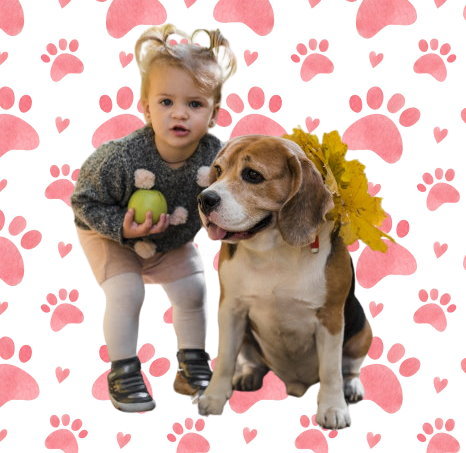Welcome to Dog Training Newbies !
Welcome to Dog Training Newbies !

Canine sports and competitions offer more than just entertainment; they provide dogs with a fulfilling way to channel their energy, intelligence, and instincts. These activities are opportunities for physical exercise, mental stimulation, and social interaction, all of which contribute to a dog's overall well-being. For both dogs and their owners, engaging in canine sports can be a transformative experience that strengthens their bond and enhances their quality of life.
Participating in canine sports addresses a dog's need for physical activity, which is crucial for maintaining a healthy weight and preventing obesity-related health issues. High-energy breeds, in particular, benefit from structured activities that allow them to expend energy positively. Agility courses, for example, involve a series of obstacles like jumps, tunnels, and weave poles that challenge a dog's physical capabilities and improve their coordination and balance. The fast-paced nature of these courses also provides an adrenaline rush that many dogs find exhilarating.
Beyond physical benefits, canine sports also offer significant mental stimulation. Dogs are intelligent creatures that thrive when given tasks that challenge their problem-solving skills and concentration. Sports like obedience trials require dogs to perform specific tasks on command, honing their ability to focus and follow instructions. This mental engagement helps prevent boredom and reduces the likelihood of destructive behaviors at home.
Socialization is another crucial benefit of canine sports. These events bring together dogs and owners from various backgrounds, providing a platform for social interaction. For dogs, meeting other animals in a controlled environment helps improve their social skills and reduces anxiety around unfamiliar dogs. Owners also gain the opportunity to connect with other dog enthusiasts, share experiences, and learn from each other. This sense of community can be incredibly rewarding and supportive.
The bond between dogs and their owners often deepens through participation in sports and competitions. Training for these events requires teamwork, communication, and trust. Handlers must learn to read their dog's body language and signals, while dogs become attuned to their handler's commands and expectations. This mutual understanding fosters a stronger connection, enhancing the relationship beyond everyday companionship.


Canine sports come in a variety of forms, catering to different breeds and interests. Flyball, for instance, is a relay race where dogs jump hurdles and retrieve a tennis ball, showcasing speed and teamwork. Herding trials test a dog's ability to manage livestock, drawing on instincts present in breeds like Border Collies. Dock diving involves dogs leaping into water, emphasizing leaping ability and enthusiasm. Each sport has its own set of challenges and rewards, allowing owners to find the perfect fit for their dog's natural abilities and interests.
For dogs with specific skills or characteristics, competitions can also provide recognition and a sense of achievement. Titles and awards earned in events like conformation shows validate a dog's training and capabilities. While the primary focus should always be on enjoyment and participation, these accolades can be a source of pride for both the dog and owner.
Getting started in canine sports is accessible to most dog owners. Many local clubs and organizations offer training classes and workshops for beginners. These sessions are designed to introduce dogs to the basics of the sport in a supportive environment. It’s important to choose a sport that aligns with your dog's physical abilities, temperament, and interests. Consulting with trainers or experienced participants can provide valuable insights and guidance.
While the benefits of canine sports are numerous, it’s essential to approach these activities with the right mindset. Ensuring that the experience remains positive and enjoyable for the dog is paramount. Training should be based on positive reinforcement, using rewards and praise to encourage desired behaviors. Pushing a dog too hard or engaging in sports that cause stress or discomfort should be avoided. The goal is to foster joy, confidence, and a sense of accomplishment for both the dog and owner.
In conclusion, canine sports and competitions offer exciting opportunities for dogs to thrive physically, mentally, and socially. These activities enhance the bond between dogs and their owners, creating shared experiences that are both fun and rewarding. By exploring the world of canine sports, owners can unlock their dog's full potential and enrich their lives in ways that extend far beyond the competition ring.